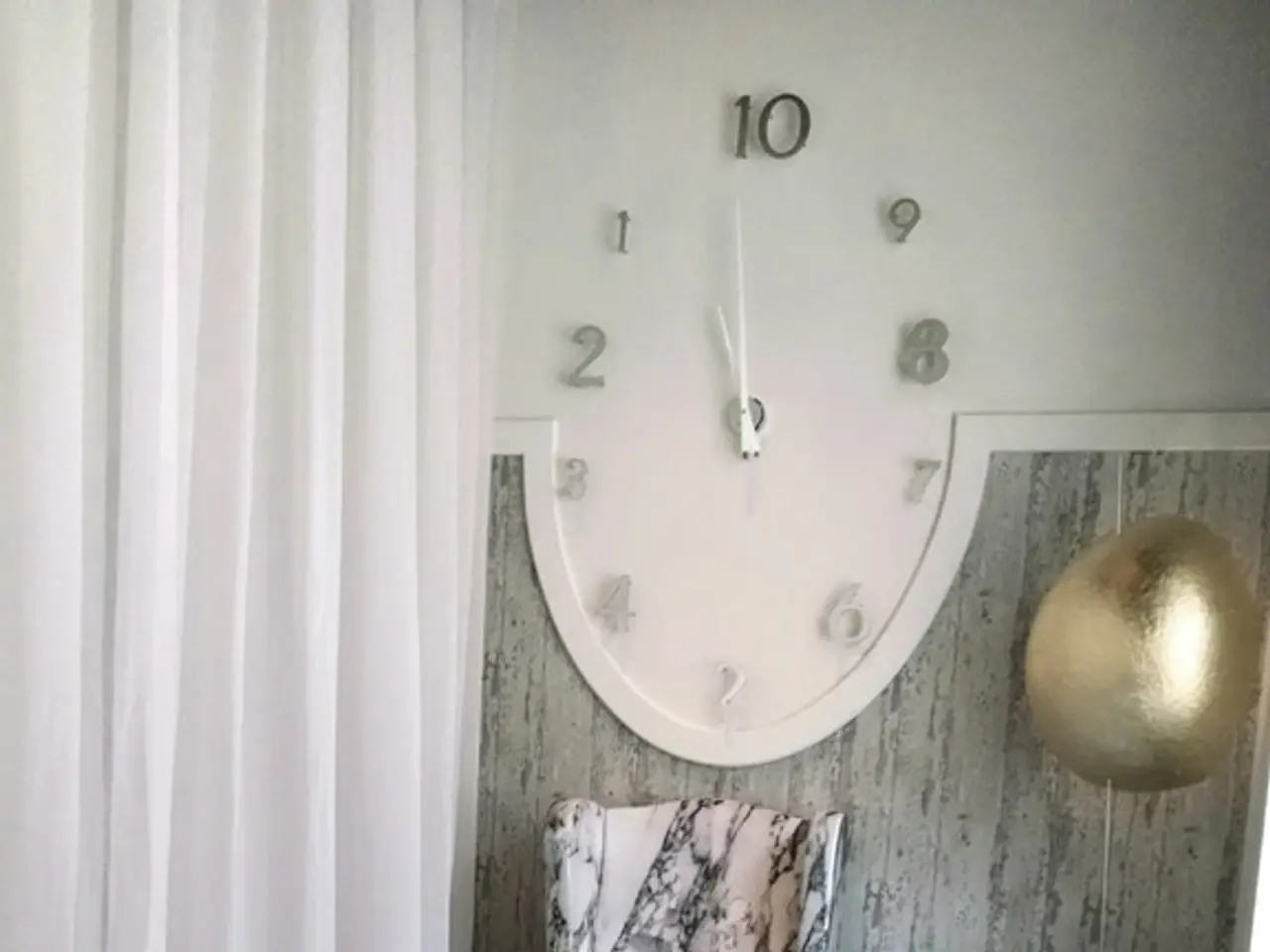Polyester recycling set for commercial growth by Reju company
The Dutch company Reju has announced plans to open its first large-scale industrial plant, "Regeneration Hub One," in the Chemelot Industrial Park in Sittard, Netherlands. This marks a significant step forward in the company's mission to revolutionise the textile industry with sustainable solutions.
Launched in 2023, Reju has already made strides in the field, opening its first manufacturing facility in Frankfurt, Germany last year. This facility produces 1,000 metric tons of Reju's proprietary recycled polyester annually.
The new plant, once operational, is expected to regenerate the equivalent of 300 million articles per year. It will have an annual production capacity of 50,000 tonnes of recycled polyethylene terephthalate polyester, or rBHET.
The location of the plant allows Reju to leverage its existing infrastructure and industrial partnerships, including Goodwill, Nouvelles Fibres Textiles, and Rematrix. This strategic positioning will enable the company to effectively scale its operations.
Sophie Hermans, the Dutch deputy prime minister and minister of climate policy and green growth, has endorsed Reju's Chemelot plant. Hermans described the facility as a sustainable, circular, and future-oriented new industry.
The plant is part of a larger plan to expand Reju's textile waste regeneration at scale. In 2022, the resulting textile waste from EU Member States was about 94 million tonnes. Annual textile consumption in Europe is enough to fill a large suitcase for every person living on the continent.
The plant is anticipated to contribute to green growth and strengthen the Netherlands' position in circular chemistry. Once up and running, it will produce recycled fibers that will be converted into yarns and fabrics for consumer use. The resulting fibers will have 50% lower carbon emissions than virgin polyester.
The final investment decision for the plant will be made by the board of Reju's parent company, Technip Energies. With this new facility, Reju is set to make a significant impact on the textile industry, promoting sustainability and reducing waste.
Read also:
- Understanding Hemorrhagic Gastroenteritis: Key Facts
- Stopping Osteoporosis Treatment: Timeline Considerations
- Tobacco industry's suggested changes on a legislative modification are disregarded by health journalists
- Expanded Community Health Involvement by CK Birla Hospitals, Jaipur, Maintained Through Consistent Outreach Programs Across Rajasthan








